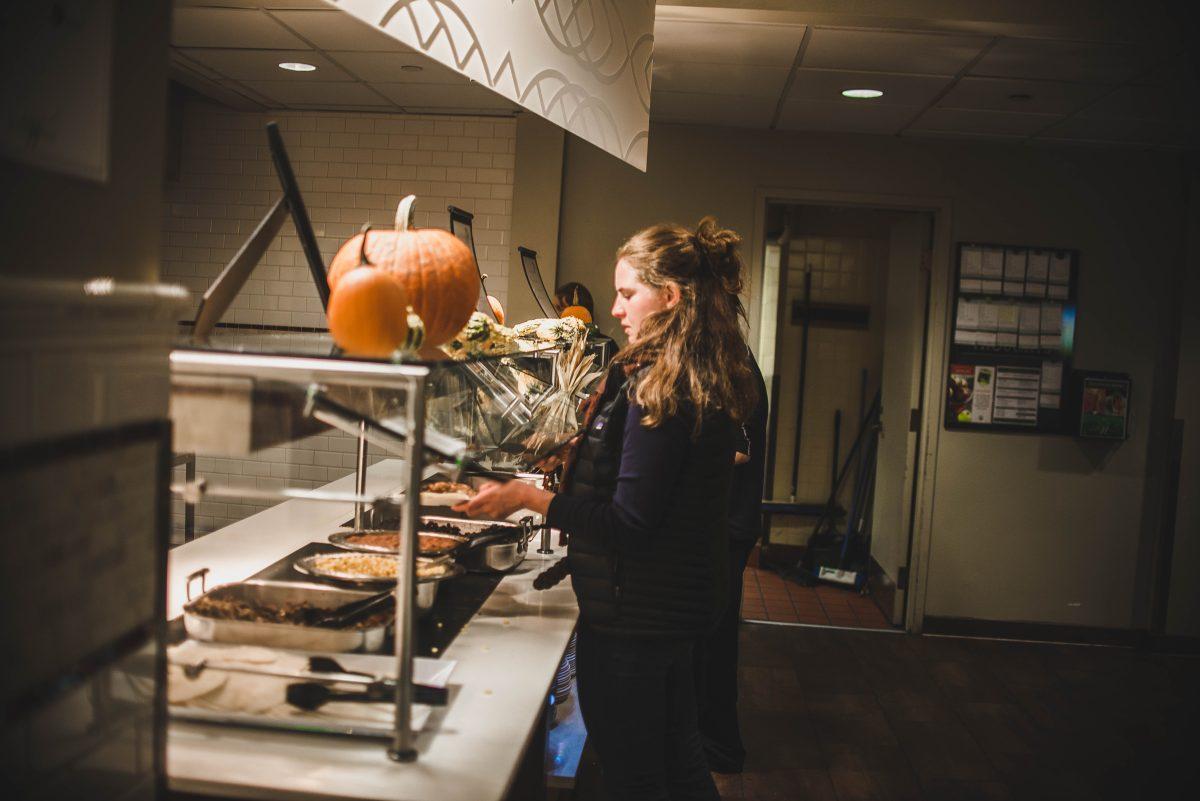As a vegan, it is often more difficult to find quality sources of protein in dining halls and at restaurants than it is for nonvegans. Proteins are essential amino acids that serve as muscle builders and fuel sources that the body relies on for proper health and energy. Not having enough protein in one’s diet can lead to constant lethargy, thinning hair and nails and muscle fatigue. Athletes especially need to ensure that they are getting enough protein to survive practices followed by lift and to perform to their best ability during competition the next day.
Meatless protein is not often advertised in dining halls or restaurants, but there are ample sources everywhere, including at Wellesley. One of the best sources of meatless protein is quinoa, which can be found at every dining hall at some point during the week. One cup of quinoa contains eight grams of protein, which is the same amount of protein as several types of protein bars, but without the saturated fat that protein bars contain. Quinoa is a species of goosefoot that has a grainy, pasta-like taste that can be enjoyed in many forms. Quinoa can serve as a salad topping, a type of salad mixed with vegetables, an ingredient for soup and even as a dessert.
On its own, quinoa may seem bland and unappetizing to some, but if mixed with the right types of leafy greens, beans, vegetables and dressing, it will add a kick to a salad that will leave even meat eaters wanting more. Last week in Tower dining hall, a quinoa salad mixed with various vegetables was featured in the salad bar, and it proved to be quite delicious and filling. Adding dressing or almonds to a vegetable and quinoa salad is a good way to spice it up and pack it with even more protein.
Although quinoa may not be thought of as a dessert, if you get a cup of quinoa and add honey and cranberries, it is both sweet and savory without creating a feeling of bloating that one gets after eating a something with a high amount of saturated fat, such as a brownie or a cupcake. Instead of eating large bowls of beans and vegan protein bars for snacks, adding a cup of quinoa per day will help fill the protein gap in a vegan diet.




